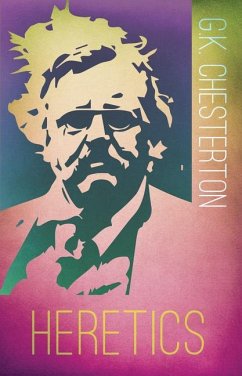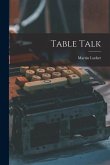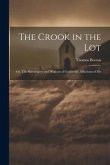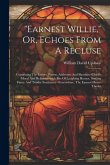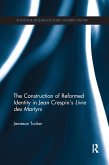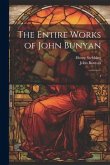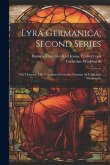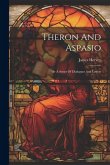The "modern" world of G. K. Chesterton's day was one that often celebrated the independence and courage of heretics, while decrying the rigidity of conservative orthodoxy. In this classic collection of twenty essays, Chesterton uses wit and paradox to take on the popular philosophers of his day, including Henrik Ibsen, George Bernard Shaw, H. G. Wells, Rudyard Kipling, Oscar Wilde, and Friedrich Nietzsche. In taking on the "heretics"--modern thinkers who considered their views to be superior to "antiquated" conservative thought--Chesterton called out their tendency to focus on evils, such as segregation and slavery, without pointing men and women toward any idea of what is good. He criticized those who rebelled against traditional Christian beliefs--those who proudly defied the Word of God. With biting prose and incomparable wit, Chesterton exposes the heretics as not only wrong but also dangerous. Originally published in 1905, Heretics remains a remarkably relevant work for today's modern culture.
Bitte wählen Sie Ihr Anliegen aus.
Rechnungen
Retourenschein anfordern
Bestellstatus
Storno

